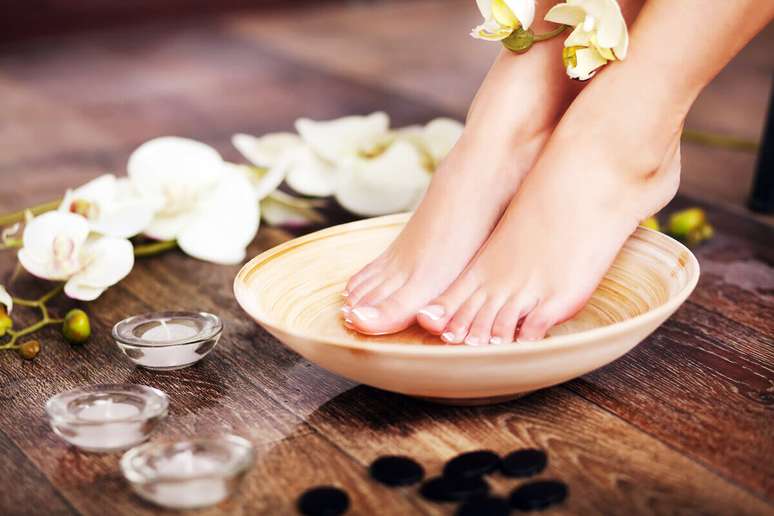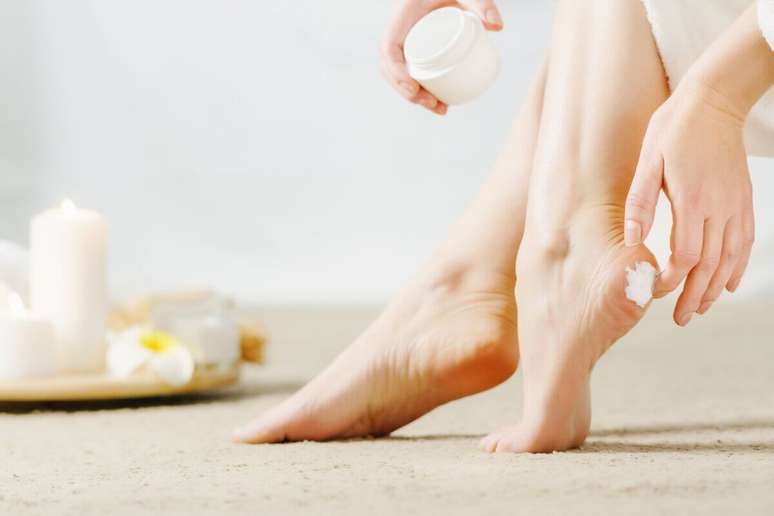The podiatrist teaches how to take care of this part of the body correctly
As in other areas related to health, podiatry is a specialty that not everyone knows and the subject of many doubts. After all, foot care is not yet a common practice: many do not pay the necessary attention to this part of the body. Thus, podiatrist Yumi Ikeda answers some of the most frequently asked questions. I wait!

1. How often should I visit the podiatrist?
In terms of prevention and basic care, the visit to podiatrist should occur, on average, every 30 days. If you have specific problems, you should follow the recommendations of your podiatrist.
2. Even if I have no apparent problems, should I go to the podiatrist?
YES. If a visit every 30 days is not possible, see a podiatrist for prophylaxis and follow-up at least once every six months. Prevention and guidance are also part of the podiatrist’s job.
3. What should I do to prevent my nails from becoming ingrown?
Some nail prone to jam. In these and all other cases, the ideal is to avoid cutting the nails on the sides (the famous corners) and also to avoid very tight shoes.

4. Why is my heel thickening or cracking?
Thick or cracked heels are common in many people and are due to the pressure exerted by the person’s excess weight when walking, excessive sanding and lack of hydration of the feet. Ideally, in all cases, you should seek out a specialist.
5. How should I cut my baby’s nails?
Before starting the procedure, wash your hands thoroughly with soap and water. Keep calm and steady your foot, focusing on one toe at a time. With your thumb, stretch the skin under the nail and make the cut close to the finger. Always opt for straight cut and never remove the nail from the sides, just around the corners. “Poking” the corners of the fingers can lead to serious and painful complications for the little ones.
6. Can foot problems vary according to climate and weather conditions?
YES. In warmer seasons, feet are exposed and, therefore, more susceptible to dryness, resulting in cracking, which is a gateway for microorganisms. Even in winter, anyone who thinks that it is not necessary to visit the podiatrist is mistaken because the feet spend most of the time inside a shoe. Even in the cold, feet sweat and, in some situations, even more than in the summer, because they are almost always in closed shoes and, more often than not, they are not comfortable.
Source: Terra
Ben Stock is a lifestyle journalist and author at Gossipify. He writes about topics such as health, wellness, travel, food and home decor. He provides practical advice and inspiration to improve well-being, keeps readers up to date with latest lifestyle news and trends, known for his engaging writing style, in-depth analysis and unique perspectives.







